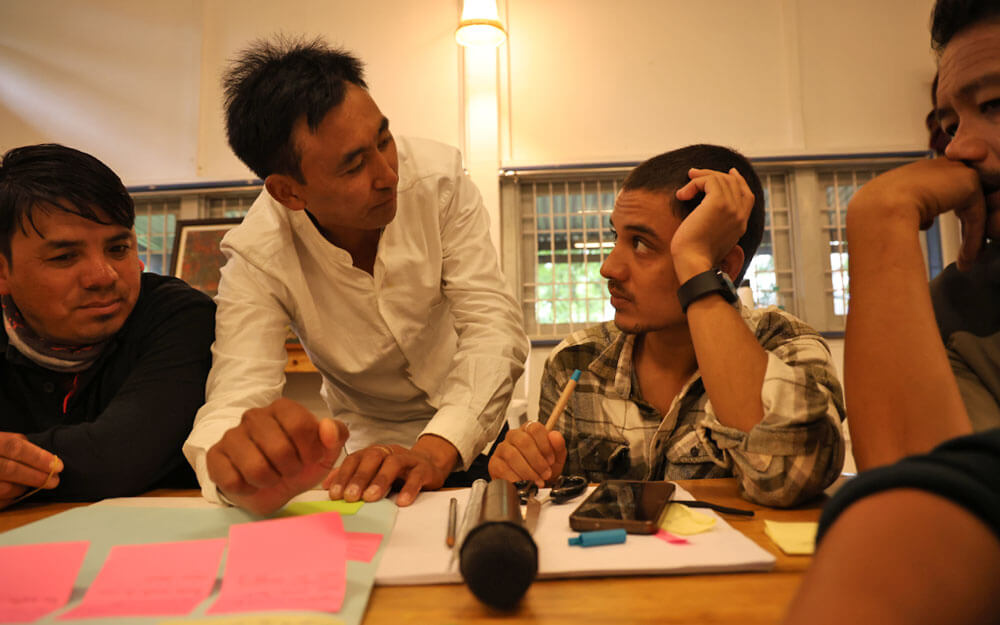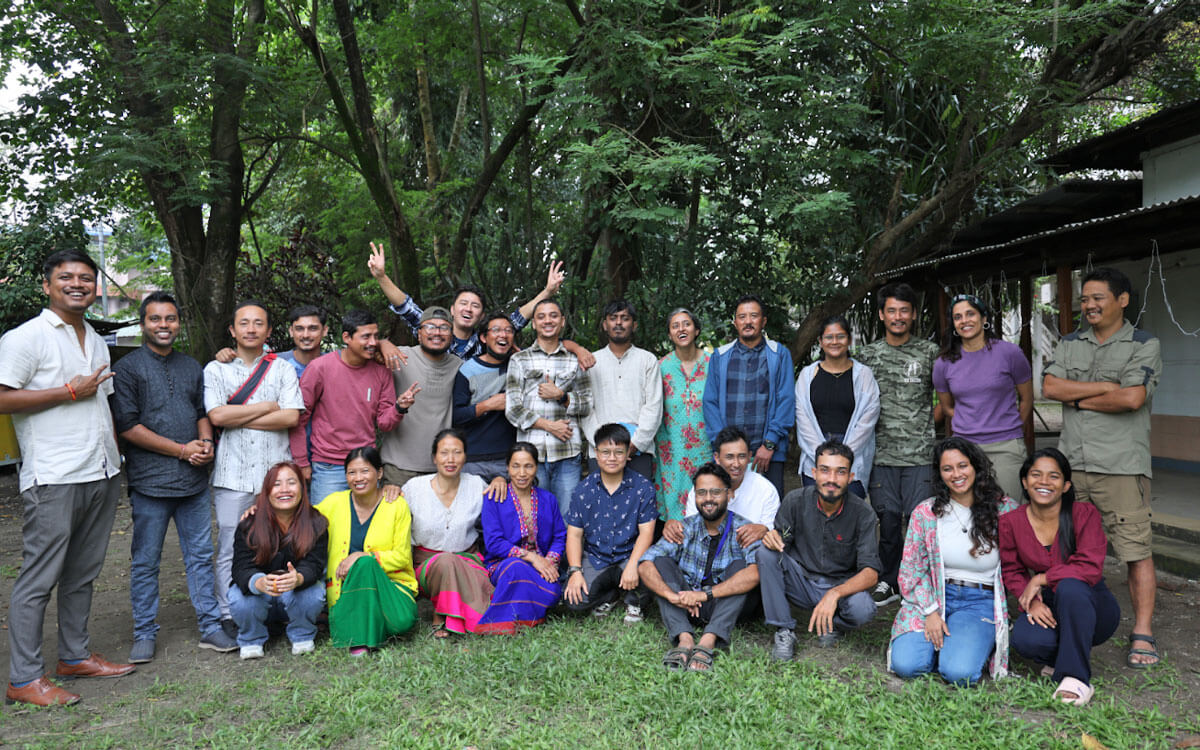Community-Engagement Training delivered by Indigenous leader


Meeting and engaging with conservationists through PARTNERS workshops has always been a learning experience for me. My colleague Deepshikha and I recently had the opportunity to engage with conservationists from very different backgrounds. The north-eastern states of India face multiple threats to biodiversity like large hydroelectric dams, loss of habitat, hunting, illegal wildlife trade and much more. Meeting the conservation practitioners from these states enlightened us about how these challenges may be very similar to what we have experienced in our snow leopard landscapes. Twenty three participants, many of whom were independent practitioners from eight Indian states, gave us insights into their local social, political and cultural setups that govern the management of natural resources, which helped us contextualize the principles of Presence, Aptness, Respect, Transparency, Negotiation, Empathy, Responsiveness and Strategic Support in our discussions.
Our time during the workshop was spent on case studies and role plays, followed by detailed discussions covering the various Principles. We also took this opportunity to work with participants to help draft conservation projects relevant to their landscape. The two-day workshop was well received. Hopefully in the future we can continue to engage with wider and different groups like these as they add value to the larger discourse on community-centric conservation initiatives.
About the author: Tanzin Thinley is an indigenous community leader, conservation practitioner and farmer from Kibber village in Spiti Valley in India. His passion is wildlife conservation. Over the years he has been leading his region’s indigenous communities to actively engage in conservation programs. He is also a PARTNERS Principles trainer at the local level, and joined the Ethical Conservation Alliance in 2024.
